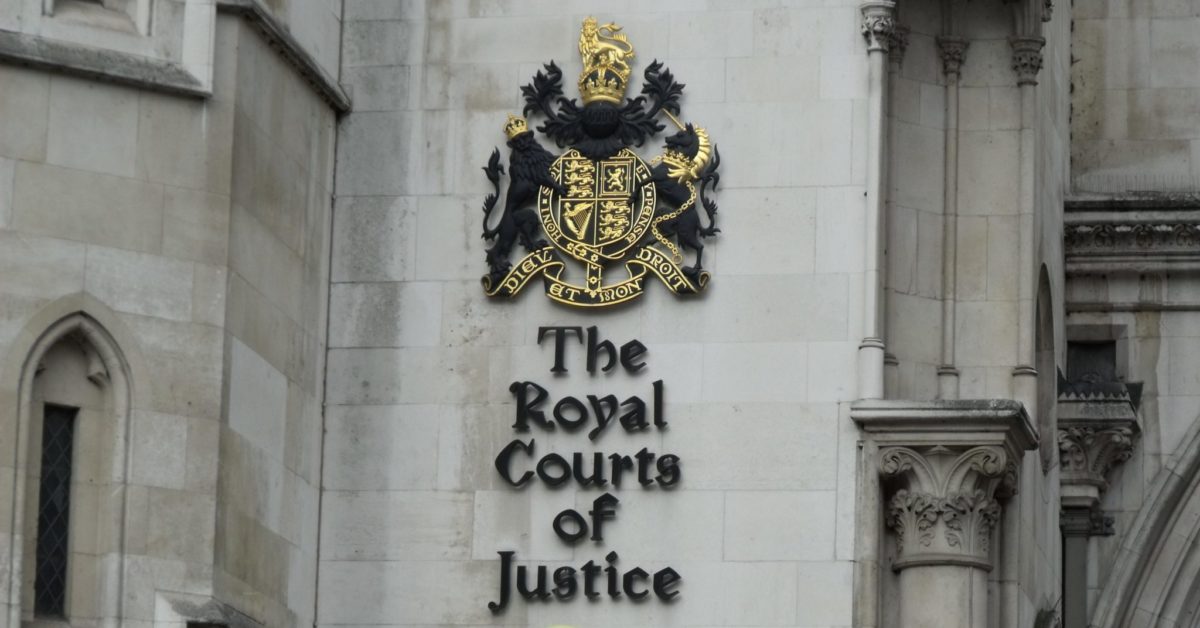The Court of Appeal has sent a case back to the Upper Tribunal for reconsideration after a failure to properly consider article 8 and the making of a material error in relation to the appellant’s husband’s nationality. The case is Gurdeep Kaur v Secretary of State for the Home Department [2023] EWCA Civ 1353
Background
The appellant is an Indian national who, when in the UK on a working holiday maker visa in 2010, met and married her husband who had indefinite leave to remain. She then returned to India and re-entered the UK as a Tier 4 student in April 2011. Her husband naturalised as a British citizen in November 2012. The appellant’s first application for leave to remain as a spouse was refused because she had not provided an English language certificate. A second application was granted on 20 March 2013 with leave valid until September 2015. The appellant had provided “a fraudulently obtained TOEIC certificate from Educational Testing Service” and a letter from UK NARIC stating that she had obtained an undergraduate degree from Punjabi University in a course that had been taught in English.
The appellant’s leave was cancelled at Heathrow on her return to the UK from a visit to India on 19 February 2015. She was also refused leave to enter. The reasons for refusal were that false representations had been made and her leave obtained through the use of a fraudulent English language certificate. The case made its way to the Upper Tribunal in June 2022 through “a convoluted and extremely protracted route” that included a Cart judicial review. The appellant argued that her reliance on the test certificate was not fraudulent and that cancellation of her leave was a breach of article 8 ECHR.
The Upper Tribunal dismissed the appeal on the grounds that deception was proved and there was no article 8 breach.
The Court of Appeal’s decision
There was no appeal against the finding on the deception issue. The appeal was solely on the article 8 point, the Upper Tribunal judge having considered that there were no significant obstacles to the appellant’s reintegration to India or to the “couple living together in India, of which they are both citizens”. In relation to the latter point, no evidence had been provided that the appellant’s husband was an Indian national, only that he was a British citizen.
The court rightly concluded that the assumption that the appellant’s husband was an Indian national, in the absence of any evidence that this was the case, was a material error of law. There was therefore no basis for the assumption that the appellant and her husband could live together in India.
It was accepted that because of the deception findings, the appellant could not meet the suitability requirements under Appendix FM and the application would “normally” be refused under S-LTR.2.1. However the court held that the Upper Tribunal did not carry out a proper proportionality assessment of article 8. There was no mention of the length of the marriage or nature of the relationship, not the fact that her husband had been a British citizen since 2012. There was no proper consideration of the issues each of the couple may face if the appellant was returned to India. There was also no mention of what weight should be given to the deception finding and no attempt to conduct the balancing exercise required by article 8. The court said at [29]:
Typically such balancing exercises may be done by drawing up a “balance sheet”, which has the twin advantages of clarity of method and transparency of process; but the manner and form in which the exercise is done is not critical, provided that it can be seen (a) what features have been weighed in the balance and (b) why the balance has come down in favour of one side or the other. That is absent in the present case.
The appeal was allowed and the case sent back to the Upper Tribunal to be reheard with findings relating to deception and alleged social difficulties in India both resolved against the appellant.













